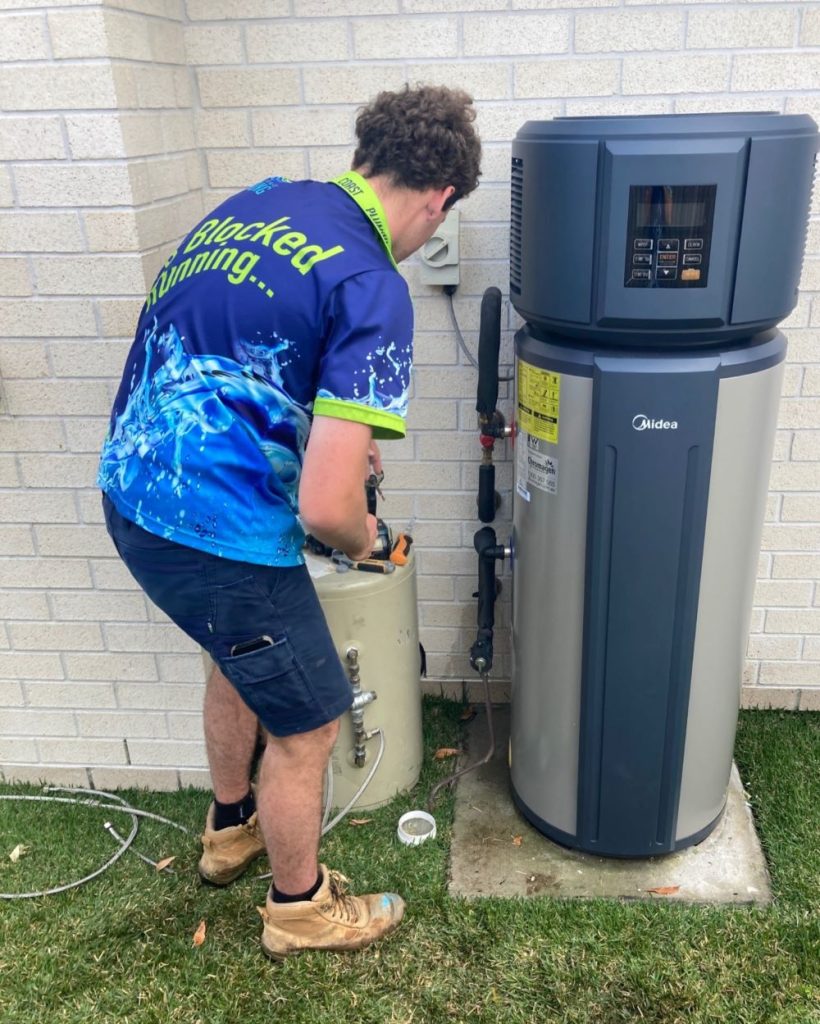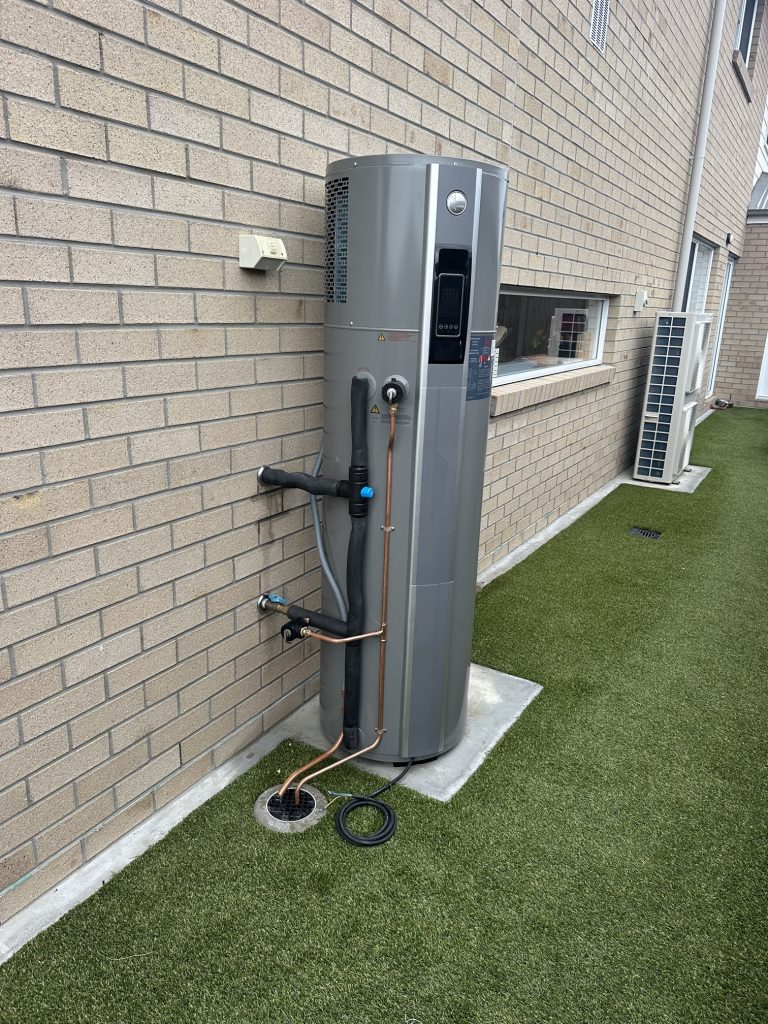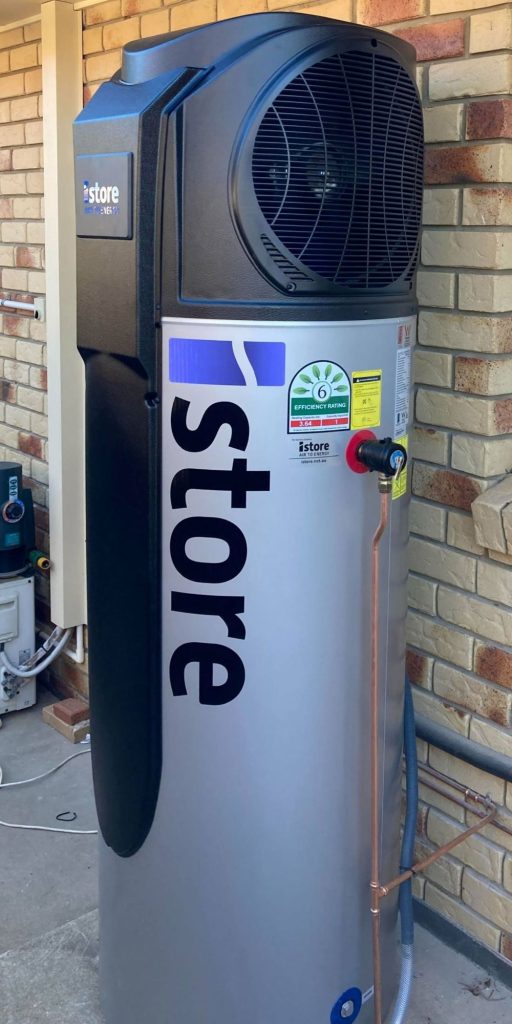Overcoming the Unique Challenges of Selecting Hot Water Systems in Queensland's Climate
When it comes to selecting the ideal hot water system for your home in Queensland, the decision goes far beyond just choosing a brand or considering the water capacity. It requires a thorough understanding of numerous factors, including the local climate, humidity levels, electricity tariffs, and your household's daily hot water consumption. Given the rising costs of energy, many homeowners are shifting their focus towards heat pumps, known for their exceptional energy efficiency and eco-friendliness. However, it's important to recognize that these systems may not be suitable for every type of property. A careful evaluation of all these elements is vital to ensure optimal performance and longevity of your hot water system, ultimately leading to savings and comfort in your daily life.
This article will delve into the operational efficiency of heat pumps in Queensland's varied weather conditions, pinpoint which residential types stand to gain the most from these innovative systems, and dispel common myths that could lead to subpar performance or incorrect system selections.

Enhancing the Efficiency of Heat Pumps in Coastal Queensland's Climate
Heat pump water heaters function by extracting thermal energy from the surrounding air. Their operational efficiency increases significantly with rising air temperatures. In the coastal regions of Queensland, especially in sought-after areas like the Sunshine Coast, Brisbane, and the Fraser Coast, average temperatures usually remain above 5°C, even during winter. This consistent warmth allows heat pumps to operate efficiently all year long without relying on electric boosters or additional heating elements, which are often necessary in cooler climates. By harnessing this natural energy, homeowners can significantly lower their energy bills while also minimizing their carbon footprint.
Crucial Environmental Factors Enhancing Heat Pump Performance
| Environmental Factor | Effect on Heat Pump Performance | Efficiency in Coastal Queensland |
|---|---|---|
| Average ambient temperature | Higher temperatures lead to better efficiency | ✓ Consistently above 5°C |
| Humidity levels | Moderate improvements in performance | ✓ Generally high and stable |
| Access to off-peak electricity | Reduces operational costs | ✓ Widely accessible in most areas |
| Roof shading | Minor impact on functionality | ✓ No adverse effects on performance |
| Direct sunlight exposure | Not a requirement for operation | ✓ Performs well even in shaded locations |
Identifying Scenarios Where Heat Pumps May Underperform
Despite the numerous advantages of heat pumps, there are specific scenarios in Queensland where their performance might not meet expectations:
- Inland or elevated regions
In locations like Toowoomba or the Hinterland, winter nights can bring temperatures that drop significantly. In these conditions, certain heat pump models may struggle to maintain peak efficiency without the assistance of a booster element, resulting in higher energy consumption and expenses. - Constricted or poorly ventilated outdoor spaces
Heat pumps require sufficient airflow around their compressor units to function properly. In tight or enclosed spaces, the efficiency of heat extraction may diminish, and operational noise could increase, potentially causing disturbances for residents. - Larger households with high hot water demands
In homes with more than six occupants, systems with enhanced water storage or quicker recovery capabilities, such as solar-boosted gas systems, may be more effective in meeting substantial hot water needs efficiently.
Debunking Common Myths About Heat Pumps in Queensland
“They become ineffective during winter.”
This misconception may hold true for colder southern climates, but it does not apply to Queensland. In regions where average temperatures consistently exceed 5°C, heat pumps can maintain their efficiency throughout winter, providing reliable hot water solutions even during the cooler months.
“Solar panels are necessary for heat pumps to operate.”
This claim is misleading. Heat pumps can function independently of solar photovoltaic (PV) systems, although integrating them with solar energy can enhance your energy savings and sustainability.
“Heat pumps are too noisy and disruptive.”
Modern heat pump systems are designed to be significantly quieter than older versions. When installed properly in well-ventilated areas, the noise emitted from the compressor unit is minimal, ensuring a comfortable living environment.
Effective Strategies for Optimizing Heat Pump Installation and Performance in Queensland
- Choose a system specifically designed for Australian conditions
Select models that offer high-efficiency ratings and dependable local support, such as istore or Stiebel Eltron, both recognized for their reliability in the Australian climate. - Install in a well-ventilated, shaded location
While heat pumps do not require direct sunlight, they need adequate airflow around the unit to operate efficiently and effectively. - Utilize timers or smart controls
Programming the system to operate during periods of solar power generation or off-peak electricity can significantly enhance energy savings and minimize costs. - Ensure proper sizing of your system
A capacity of 250–300 litres is typically adequate for the needs of most families. An undersized system can lead to performance challenges and increased reliance on boosters, resulting in higher energy use.
The Importance of Local Expertise for Successful Heat Pump Installation
The installation of a heat pump requires a tailored approach to attain the best results. Collaborating with a local plumber who understands the following aspects can lead to optimal outcomes:
- Performance customized to local climate conditions, ensuring maximum efficiency
- Eligibility for rebates like Small-scale Technology Certificates (STCs) and various Queensland government incentives that promote energy efficiency
- Optimal positioning and ventilation strategies for the unit to enhance its performance
- Integration with solar PV systems or battery storage solutions, if applicable, to maximize energy efficiency
At Creek to Coast Plumbing, we excel in delivering and installing high-performance hot water systems, including heat pumps, throughout the Sunshine Coast and Moreton Bay areas. Our dedicated team is committed to helping you determine the best hot water service tailored to your specific needs. With the increasing demand for energy-efficient hot water solutions, many homeowners are comparing solar options with heat pumps. We will assess the unique conditions of your home, recommend the most fitting system, and ensure you are equipped to achieve maximum efficiency.
Discover more about our Heat Pump Hot Water Installations or contact us for a personalized recommendation tailored to your specific requirements.
The Article: Heat Pumps in Queensland: Effective Solutions and Pitfalls first appeared on https://writebuff.com
The Article Heat Pumps in Queensland: Benefits and Challenges Explained Was Found On https://limitsofstrategy.com



